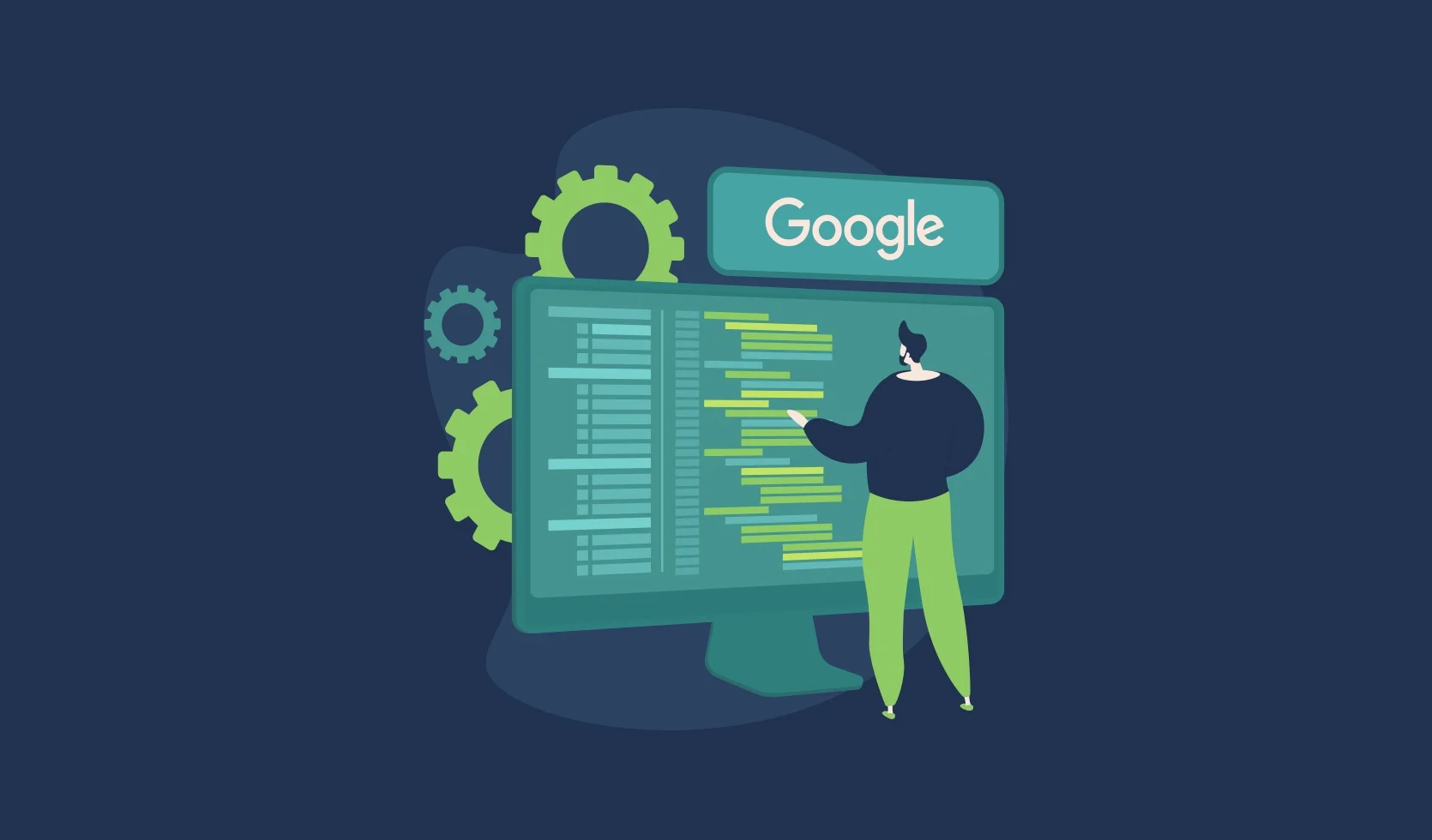It’s widely spoken about how website security can affect your SEO strategy. For a long time, Google has been concerned about security. It follows that the addition of HTTPS as a ranking indicator is not surprising.
A website with a valid SSL certificate benefits from an increase in ranking. Hacks, or attempted hacks, can prevent Google’s bots from visiting your site and analyzing your content and keyword density.
In the event that a hacker or web scraper damages your website, your server might notify Google of missing pages. Security lapses can occasionally have a significant negative influence on how Google perceives your site, which will affect your ranking in the SERPs. To make sure that your website’s ranking hasn’t dropped, you can use a free SERP checker.
However, little has been written on how SEO impacts security. SEO frequently entails content generation and keyword optimization to draw in search engine visitors. You run the risk of accidentally adding dangerous code or malware to your website if you are not careful about the sources of your content or the plugins or themes you employ. This might compromise the security of your website as well as your SEO rankings.
In this article, we will discuss the unintended security implications that can arise from certain SEO practices.

1. The Risks of Backlink Building
A core SEO technique to boost a website’s authority is backlink building. While beneficial, it’s crucial to be discerning about where these backlinks originate. Links from spammy or questionable websites can negatively impact your SEO, marking your site as spam or associating it with harmful content. This association might not only degrade your site’s reputation but can expose it to various online security threats.
2. The Double-Edged Sword of Visibility
Enhanced visibility from effective SEO can also attract content scrapers. These entities might reproduce your content elsewhere, leading to duplicate content issues that can hamper your SEO rankings. Moreover, such scrapers may exploit any existing vulnerabilities in your site, turning the spotlight into a potential threat.
3. The Hidden Threats in Plugins and Themes
Many websites use plugins and themes to boost their SEO. However, if these tools come from dubious sources or aren’t regularly updated, they can be gateways for security breaches. A compromised plugin or theme can grant malicious entities access to sensitive parts of your website, putting data and functionality at risk.
4. The Risks of “Black Hat” SEO
Keyword stuffing, hidden text, and cloaking are a few examples of unethical SEO strategies, also referred to as “black hat” SEO. These strategies not only contravene search engine policies, but they may also include altering website code in a way that exposes security flaws. Tools like Rank Tracker can help you with properly checking your on-page SEO to prevent the creation of content that jeopardizes your website’s wellbeing.
5. Web Hosting and Server Configurations
Choosing a hosting provider or configuring a server without prioritizing security can leave your website susceptible to attacks. The influx of traffic from SEO strategies can make your site an attractive target for hackers, emphasizing the need for a robust hosting infrastructure.
6. The Importance of Regular Updates
Focusing solely on SEO and neglecting software updates can have dire consequences. Regularly updating your CMS, plugins, and themes guards against known vulnerabilities that attackers often exploit. It’s a pivotal step in web maintenance that goes hand-in-hand with SEO.
7. The Pitfalls of Multiple Entry Points
To enhance user experience, SEO often involves creating multiple entry points and optimized landing pages. If not implemented correctly, these can become avenues for malicious activities, like setting up phishing schemes or harmful redirects, which can jeopardize both user data and overall security.
In conclusion, It’s evident that while SEO is a powerful tool for online visibility, it must be handled with care. Prioritizing ethical SEO practices, utilizing trusted plugins, enforcing strict access controls, and staying updated are all crucial steps in ensuring a secure web presence. For true digital success, one must seamlessly merge both SEO strategies and robust security protocols.
Related Posts:
- How Can A Fake Address Generator Help You Stay Safe Online?
- Security Risks Healthcare Websites Face
- Network Security Audits: Assessing & Improving Your Website’s Safety
- 8 Tips To Create an Effective Small Business Website
- How to Know if a Shopping Website is Legit or Fake?
